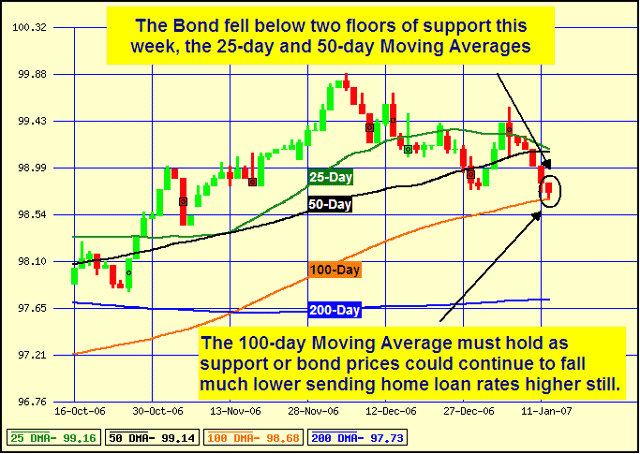What is the Difference Between a Comparative Market Analysis and an Appraisal?
Good Monday Morning!
I find that many clients that I assist are confused about the difference between a CMA (market Analysis) and an appraisal. There is a difference and the two are used for different purposes. The following is an article from "Realty Times" that will give you a good idea about what both are and what they are used for.
As part of the homebuying process, your real estate agent may create a comprehensive market analysis or CMA. Later, when you apply for a mortgage, a bank appraisal is conducted by a licensed appraiser. Are CMAs and appraisals the same thing?
While both CMAs and appraisals help determine a home's market value, their purposes are not the same. The CMA is a sales tool to help you find an offer price for the home you want to buy. The homes in the CMA include the home you want to buy plus similar nearby homes. This helps you see how the home you want compares to other homes so you have an idea what to offer.
A real estate professional may prepare a CMA for their sellers to help them choose a listing price. The CMA includes recently sold homes and homes for sale in the seller's neighborhood that are most similar to the seller's home in appearance, features, and general price range.
Although the CMA is used to help determine current market value, the seller's home is typically not even featured in the CMA. The CMA is merely a guide to help the seller learn what's happening in their local market, so they can better understand where their home fits in term of price ranges, based on location, features, size, condition and other factors.
The CMA offers the same advantages to you as a buyer. They help you better understand the local market. You can expand the search and get different results in a CMA simply by changing the zip code or the price range or the number of bedrooms and baths.
Appraisals are all about risk retention for banks and their customers. If the buyer is receiving financing through a bank, the bank will order an appraisal.
Unlike the CMA, a bank appraisal is a professional determination of a home's value. It's performed by a licensed appraiser, using guidelines established by the Federal Housing Finance Agency, which regulates federal housing loan guarantors such as FHA, VA and housing loan purchasers Fannie Mae and Freddie Mac.
An appraisal is a comprehensive look at a home's location, condition, age and relativity to the market of like properties. It reflects only the data that comes form historic sales, typically over the past six months and does not consider market conditions and existing competing homes like a CMA does.
Have An Awesome Week!


![[Logo: Homes and Communities: U.S. Department of Housing and Urban Development]](http://www.hud.gov/images/common/hgv-bnr-logo2.gif)

![[Vea la versión en español de esta página]](http://www.hud.gov/images/common/hgv-bnr-espanol2.gif)
![[Display the text version of this page]](http://www.hud.gov/images/common/hgv-bnr-text.gif)
![[Search/Index]](http://www.hud.gov/images/common/hgv-bnr-search.gif)

![[Logo: HUD seal]](http://www.hud.gov/images/common/hgv-icn-seal.gif)





